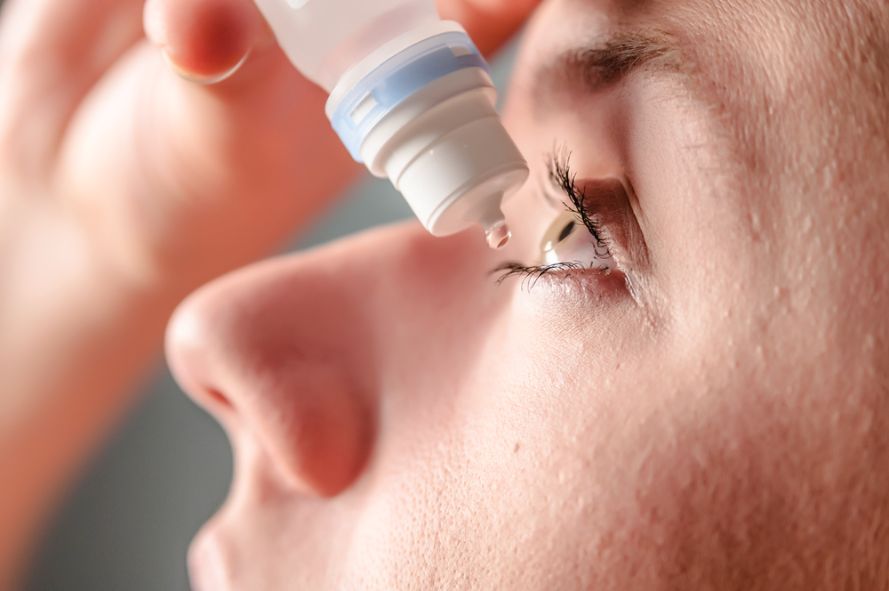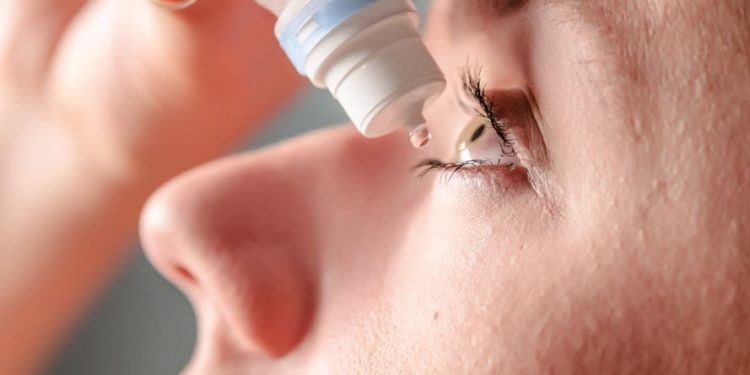Pink eye is an inflammation of the clear tissue that lines your eyes and covers the white of your eyes. It is most often caused by a viral infection, but can also be caused by allergies or an incompletely opened tear duct in infants.
It is important to know what to do if you have conjunctivitis, so you can get the right treatment for your condition. The symptoms of pink eye may vary, but they usually include redness or swelling in one or both eyes.
Your eye doctor will diagnose pink eye by performing a thorough eye exam and asking about your medical history. They can also take a swab of your eye discharge or conjunctival tissue to send for lab testing.
A doctor can prescribe eye drops or ointment to help ease the pain and irritation of pink eye. They can also prescribe antibiotics for bacterial pink eye. If antibiotics are prescribed, the symptoms of pink eye usually improve within five days or less.
You can use a warm compress on your eyes several times a day to relieve the itching and discomfort of pink eye. You can also use a clean cloth or cotton wool soaked in warm water to wipe your eyes a few times a day to remove crust or smears that are formed around the eyelashes or on the inside of the eyelids.

The infection is highly contagious, so it’s important to treat it as soon as possible to prevent it from spreading to others. It’s especially important for babies to be treated early because they’re more susceptible to the disease.
Viral infections of the conjunctiva can incubate for five to 12 days before they show any signs or symptoms. Bacterial infections of the conjunctiva can appear much sooner, and they usually don’t require treatment unless they are severe.
Symptoms of pink eye can be very itchy, so it’s important to avoid scratching your eye or touching your eye with a dirty finger. If you do scratch your eye, it could cause a corneal injury. This could result in a more serious eye problem, like a cataract or a corneal ulcer.
It’s also important to keep the eyes clean and dry, as this helps the immune system fight off the infection. You should wash your hands with soap and water and change your pillowcases, towels and washcloths often to avoid spread.
Rubbing your eyes can also make the symptoms worse. This is especially true if the rubbing occurs between the eyes or on the eyelids. It’s also a good idea to limit contact with other people until your symptoms have gone away.
Infections of the eye can be transmitted by direct contact with another person’s eyes or by touching objects that have been contaminated with bacteria or viruses. This can happen when you touch someone’s eyes or face and then rub your own, or by using items such as eye makeup that has been shared with other people.









